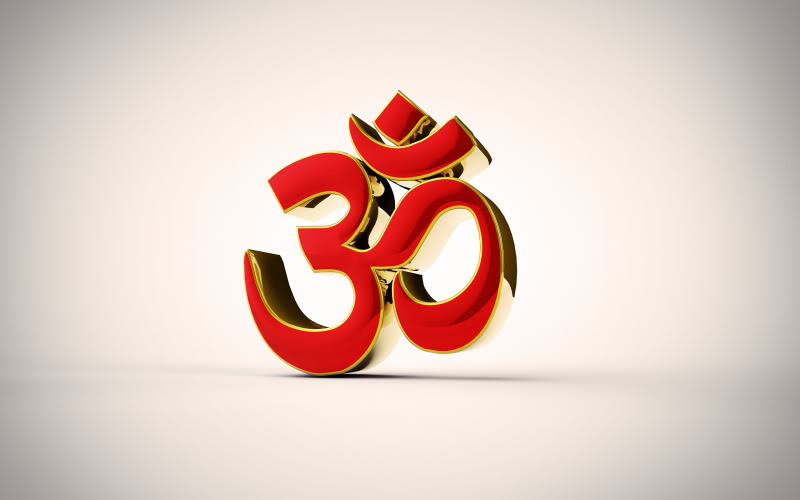Who is a Master? (Part II)
In Part 1, we covered one portion of the Mantra. The key word was Srotriam. At the outset, we have to arrive at the meaning of the word Srotria, for the mantra mentions that a student has to go to a Srotriya. The word Srotriya is a Sanskrit word emanating from the root Sru meaning ‘to listen’ or ‘to hear’. Srotriya the word means the one who has listened to or heard the teaching. While enquiring into the question of knowledge, we discovered that one cannot gain knowledge without committing oneself to a means of knowledge and that it should be of the form of teaching. In the earlier sessions, we had explored the source of the teaching that could resolve the problem, which happens to be the Veda. Whoever has listened completely to the teaching of the Upanishads is a Srotriya.
Well, Master is one who teaches and must have the means of knowledge at his disposal, without which the Master could do very little. Trying to handle the means of knowledge without having gone through it is like ‘a blind person leading another blind person’ in the words of the Upanishads. Supposing all that I know of a computer is that it is a box which could be cousin of our TV with which I have run into problems, whom do you think I would approach? Am I going to approach any Tom, Dick and Harry, or would I go for an expert? At least in so far as the computer is concerned, maybe I could try figuring it out myself with the help of a how-to manual. However, in so far as it concerns my liberation or freedom, trials all by myself would never work. The only manual is the Veda and the only expert is the one who has committed to and listened to the teaching and therefore knows how to operate the means of knowledge.
Stepping into the Veda that happens to be a vast ‘forest of words’ could be both pleasant and enlivening, culminating in freedom or a total disaster. If you have a Master, then you could never be off the beaten track and would safely reach the destination. Let us look into this from a little deeper angle. The whole teaching is in the form of words. You know that all words irrespective of their objects are inert and are at the mercy of the one who reads or listens to them and would understand them only as one thinks or considers them to be right. Words by themselves cannot tell or guide the listener as to what they actually mean, can they? So, when one reads or listens to a word from the Veda, which no doubt is a means of knowledge, but unfortunately having no one to enlighten what it actually means would give the listener a freedom to attribute the meaning that one feels is right. This would only be continuation or extension of ignorance with new terms or terminologies.
Every word could have various meanings, which I think we had seen in an earlier session. A simple statement like, ‘l do not want to marry this woman’, could have varied meanings. When the emphasis is on the word ‘l’ then it could mean, I do not want to marry this woman, but do not mind you marrying her. When the emphasis is on the word ‘marry’, it clearly means that I do not want to marry this woman, but do not mind accommodating her in my house as a friend, sister or even mother, but not as a wife. When the emphasis is on the words ‘this woman’, then it means I do not want to marry ‘this woman’, but I do not mind marrying any other woman. When a simple sentence like, ‘I do not want to marry this woman’, could have so many meanings, unless the listener asks the other as to what exactly he meant, one could be in deep trouble. What to speak of the words of the Veda that do not have a limited object as the subject matter?
Further, all words are limited in this matter, I am sure no one has any doubt. These limited words cannot convey the meaning of the Limitless unless they are being used in a totally different style, employing a different methodology and enjoying a totally different meaning. All these would ring a bell only when the Master who has studied, knows and ‘sees’ the hidden meaning in them, reveals them. Hence, exposure to the means of knowledge is primary to make one a Master and the one who has not been exposed to the means of knowledge might at best only guess its meaning but not see. “The one who ‘sees’ can make the others ‘see’ but not otherwise.”, says the Master Acarya Sankara in one of his compositions. To use the tool, one must know the art of using it. Only when the tool is being used could one ever see the way one uses the tool and the teaching happens to be the only tool in liberation. So, the one who was taught alone could have learnt the art of handling the ‘tool-teaching’ not any other.

